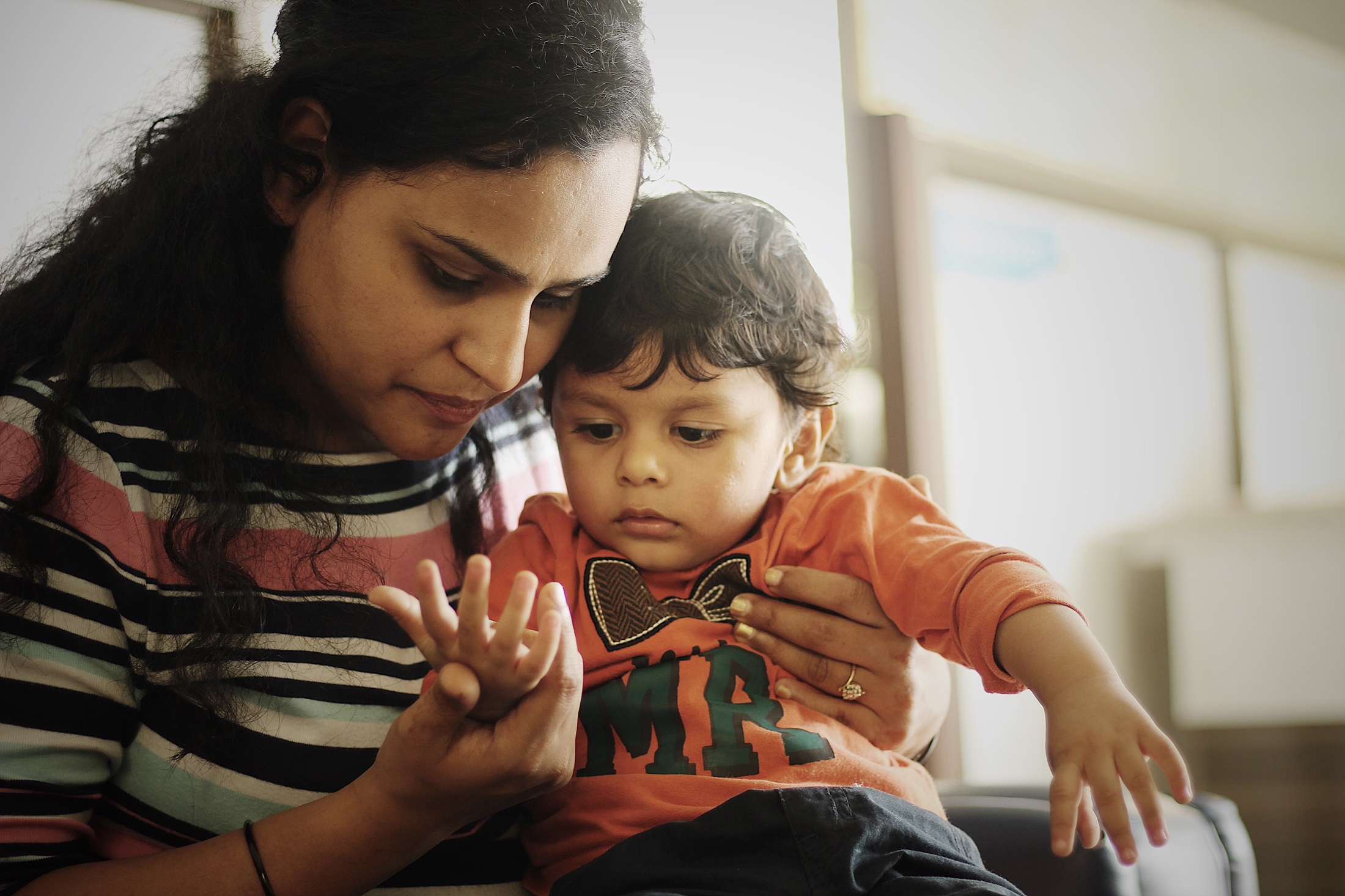Starting therapy can feel like a huge step. For many, this is their very first time speaking to a complete stranger about their most private thoughts, feelings and life events. People sometimes have to jump through hoops before they even start their first session. During an individual therapy session you will have an opportunity that you may have never had before to open up about your life and experiences.
Most people have heard someone talk about their therapy experience in a positive light and it has intrigued them to look into individual therapy. They may have received a referral from their GP who has suggested they should talk to someone due to their stress. Others have hit rock bottom and in crisis and feel this like therapy is their last resort to help hold their head above the water.
It is absolutely normal and expected to feel nervous when you first start therapy. Typically the anxiety relaxes back while you are in the session. It’s ok to cry or not to cry. You may speak a lot or speak little. It’s ok to show up however you are feeling and being yourself. If you are about to have your very first session, here are a few things you can reflect on in preparation:
What brought me to therapy?
It is helpful for your therapist to get an idea of what brought you to individual therapy. Share some context about the problems you are experiencing. For example, you might talk about when you feel a certain way, or about what happens when you start thinking about a particular issue. You can also talk about how long you have been having problems with something. You might explain what bothers you, why you think that is and what you think is going on.
How am I feeling?
Your therapist will be interested in hearing how you are feeling today, most days, for the past month, or in the past. For example, have you been depressed, down, or low most of the time? Or have you been feeling anxious, stressed, tense during the day and exhausted, agitated, and down in the evening? Don’t worry if you don’t see your particular situation or feelings in these limited examples. There are no limits to what you may be experiencing and your therapist will know how to help you talk about it. You might even start crying or experiencing whatever you have been feeling during the session. This is a good thing, because your therapist can see it for themselves.
Other questions to reflect on in individual therapy
You may wish to prepare for your first session by also asking yourself some of the following questions:
1. How is my physical health?
2. Do I use drugs or alcohol, if so what, when, how?
3. What stressors exist in my life right now? Do I have, for example, financial problems, work stress, family issues I should mention?
4. What stressors have I had in my life? How did these stressors affect me then and what impact do they have on me now? Have I had, for example, experiences of bullying, poverty or parental conflict.
5. What has helped me get through difficult times? What are my coping strategies are? Do friends, family, exercise, or spirituality help me cope? There are no right or wrong answers. Knowing about your coping strategies, helps your therapist understand what resources and sources of resilience are or have been available to you.
6. How are my relationships? Do I get along with my family, spouse, children and parents? How do I interact with others professionally? In general, how do you feel about the social aspect of life? What has been my experience in difficult relationships? When, where and with whom have I experienced these difficulties? For example, did I feel excluded or criticized, or did I have trouble staying calm?
7. How am I doing occupationally? Am I able to complete my studies or my work or do I have any trouble with concentration, motivation or procrastination?
8. How would others describe me and my struggles? What would the other people involved with my struggles say? What do they see happening? Is there any blaming, resentment or anger? Am I able to discuss things, disagree and get along fine or do I experience regular conflict and problems in my relationships? Who are the people involved?
9. What am I hoping to get out of therapy? If I am able to achieve what you hope for in therapy, then what? How would I know you have reached my goals? What will be different in my life? What will change? Then what?
10. What kind of therapeutic work am I looking for? Am I interested in a few sessions of support i.e., short-term therapy? Or am I looking to get you through a difficult period in life which might be unknown duration? Perhaps I am looking to do a comprehensive treatment working on interpersonal dynamics, personality traits, resolving childhood struggles i.e., long-term and in-depth psychotherapy? If you’re unsure that is ok too. Do let your therapist know if you are not sure what you are looking for.
Questions that may make you concerned about confidentiality
Confidentiality is one of the cornerstones of in therapy. It creates a safe space for you to talk about your most private thoughts and experiences. There are a few exceptions to confidentiality in therapy. For example, clinicians are required to make a report if they suspect current child abuse. Your therapist will explain the laws regarding reporting to you during your first session, or you may get the information in writing. If you have any questions, don't hesitate to ask your therapist.
Your therapist may ask you if, when you’ve been down, have you ever thought about taking your own life? Don't be alarmed by the question. Many people who have had suicidal thoughts or attempts experience shame and guilt. It is important to be forthcoming about any experiences related to suicidality so that the therapist can best support you. Your therapist should keep this information confidential. The only exception is when the risk is imminent and they may need to ask for support from emergency services or a hospital to protect you from harm.
In case of emergencies, your therapist may contact your emergency contact or call an ambulance if they have serious concerns about you acting on suicidal or homicidal thoughts. Each jurisdiction and country differs when it comes to the laws of reporting, but your therapist has to be upfront about their ethical and legal duties and obligations. These should be clearly outlined in the informed consent forms which you should receive at the beginning of your first session.
Have you had any legal problems? Your therapist should not be and is not allowed to get involved in your case or make any reports about anything you discuss in therapy. It may be helpful for them to know of any legal problems to in order for them to understand your life stresses better.
After your first session
After your first individual therapy session, ask yourself how you felt during the appointment. Reflect on whether you would like to continue working with the therapist–-assuming the therapist also wants to work with you and it is a good fit. If the therapist believes that another mode of therapy or another therapist would be better suited for you, they should state this and help you with an appropriate referral.
Whether you decide to continue with the therapist long-term or whether you leave it after one session, reflecting on the questions above with a mental health professional’s support and guidance can be quite therapeutic and helpful on its own. Many people report feeling unburdened, relieved, and even calmer after even just one individual therapy session. Others come to the realization that there is a lot more to them and that they want to continue the process.
It is also possible to walk away after your initial session feeling worse than before, but this is much less likely. Whilst it is important to work with someone who is competent and qualified to guide you through these sort of reflective questions, you also have to ascertain how you feel with the therapist. A good rapport is important. If you have any reservations, or any discomfort about the experience or session, you can discuss it with the therapist. Don’t worry, skilled therapists can help you work through your feelings and can even help you find another suitable therapist if they are not the right fit.



